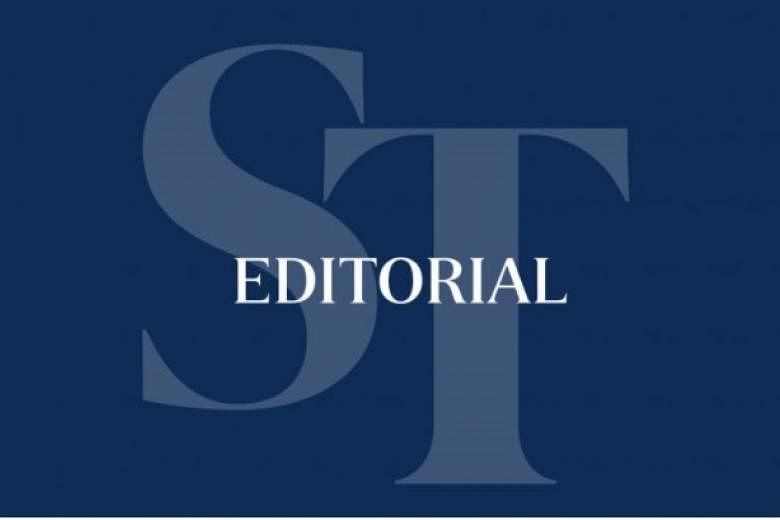Annual leave that is unused is a sign of the times today. This guaranteed period of rest has been a staple of organised labour relations here, as it is in many other countries. However, the exigencies of service in many productive and competitive environments have often resulted in situations where employees are too preoccupied to consume all of their leave entitlement. Carrying over or encashing unused leave, where possible, are equitable options that some companies allow so their employees do not lose their entitlements. Such trends have been exacerbated in these unusual times. With travel restrictions in place and working from home being the default for many companies, many Singaporeans have been unable to fully use up their leave this year. Yet the changed work environment, economic uncertainty and dislocation caused by Covid-19 have spawned worries and pressures that make time-out from work an important necessity for them.
For some entities and companies, the current times have also created a novel opportunity to do good, exercise social responsibility and show charity. This has included turning unused leave into social capital by, for example, letting staff convert leave into cash for donation to charities and others in need. Nanyang Technological University, for instance, announced that its faculty and staff donated more than $10 million worth of their unused leave to support its students. The National University of Singapore is also exploring the possibility of allowing staff to donate unused annual leave. Such gestures are commendable because they put those who are employed in a position to turn their unconsumed leisure into concrete financial help for others to whom leisure might be the last thing on their minds in these economically challenging times.
Already a subscriber? Log in
Read the full story and more at $9.90/month
Get exclusive reports and insights with more than 500 subscriber-only articles every month
ST One Digital
$9.90/month
No contract
ST app access on 1 mobile device
Unlock these benefits
All subscriber-only content on ST app and straitstimes.com
Easy access any time via ST app on 1 mobile device
E-paper with 2-week archive so you won't miss out on content that matters to you

